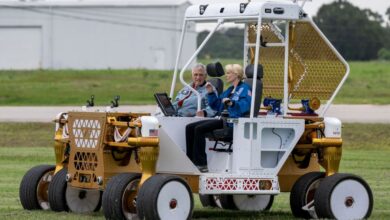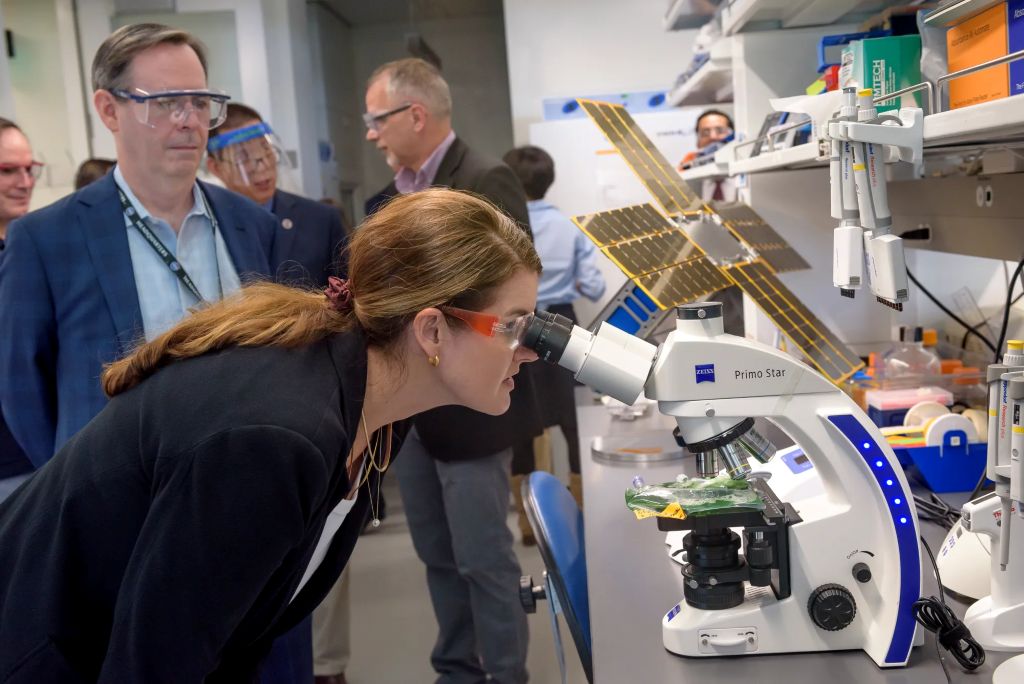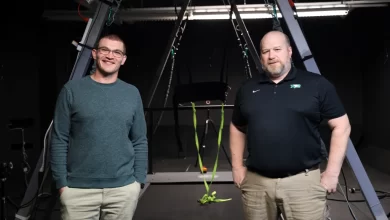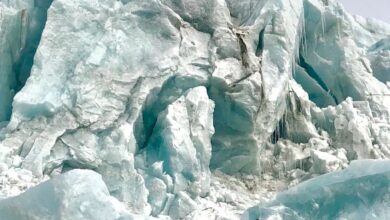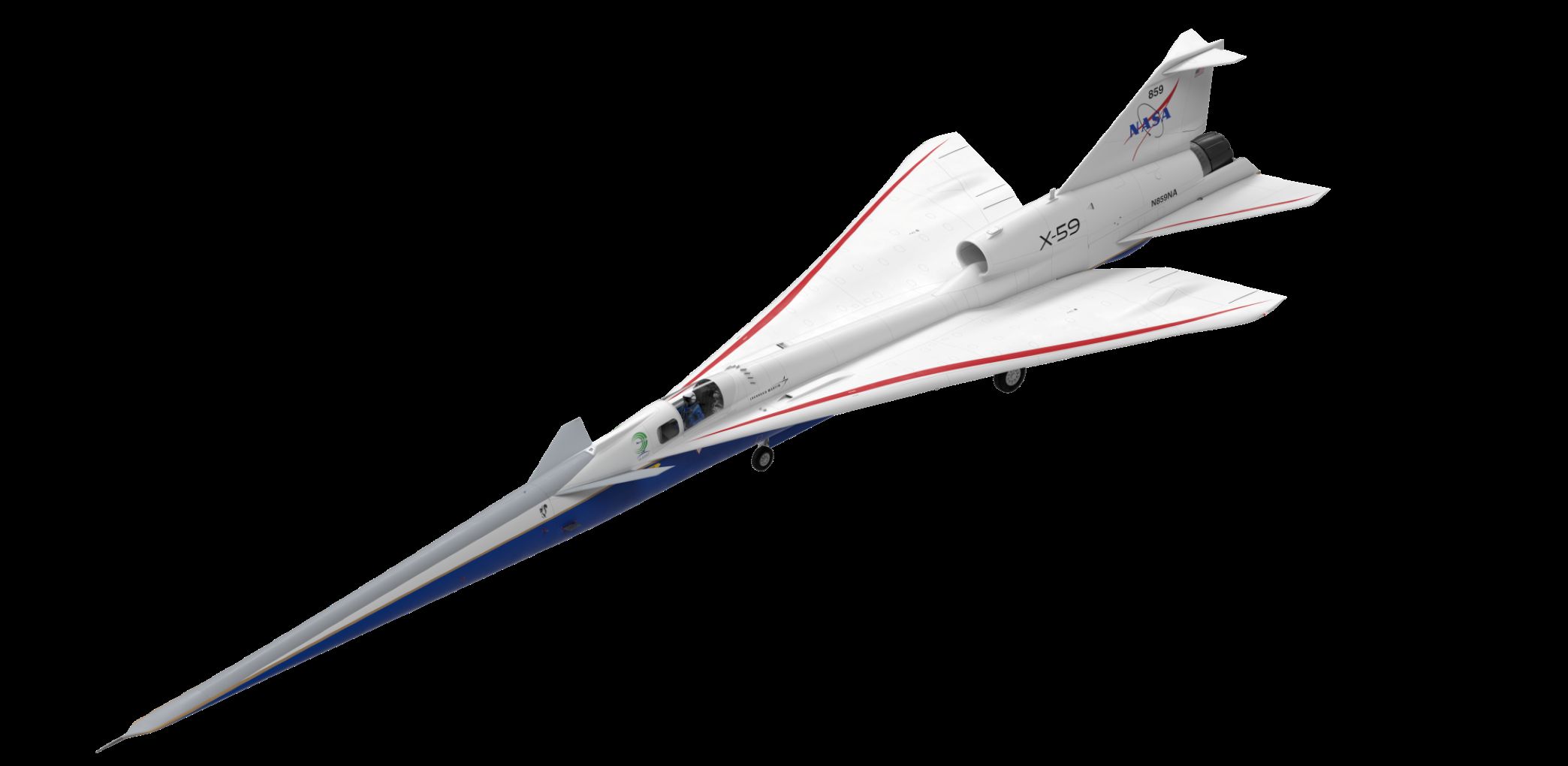NASA Awards Fellowships to Advance Exploration, Increase Minority STEM Opportunities

NASA has awarded 17 fellowships to minority-serving institutions, through its Minority University Research and Education Project (MUREP), and an additional five fellowships to other universities through mission directorate project funds. The awards begin in the 2020 academic year and total more than $3 million to support innovative graduate student research.
The selected projects include research into the dynamics of Mars’ atmosphere, satellite communications, solar technologies, and other areas that have the potential to contribute directly to NASA’s missions, including returning America to the Moon through the Artemis program.
The recipient institutions of MUREP-funded fellowships are:
- New Mexico State University, in Las Cruces
- University of New Mexico, in Albuquerque
- University of California, Davis
- Texas Tech University, in Lubbock
- University of Central Florida, in Orlando (two awards)
- Florida International University, in Miami (three awards)
- University of Maryland, Baltimore County
- San Diego State University, in California
- University of California, Santa Cruz
- University of Nevada, Las Vegas
- University of California, Irvine (three awards)
- University of California, Santa Barbara
The recipient institutions of center-funded fellowships, provided by NASA’s Aeronautics Research, Science, Human Exploration and Operations, and Space Technology Mission Directorates, are:
- University of Michigan, Ann Arbor (two awards)
- University of Miami, Coral Gables, Florida
- Rensselaer Polytechnic Institute, in Troy, New York
- Vanderbilt University, in Nashville, Tennessee
The awards provide for a potential fourth-year extension based on the institution’s ability to build on their accomplishments of the first three years. For more information on these fellowship awards and the projects they will fund, visit:
For more information about NASA internship, fellowship, and scholarship opportunities, visit:
For information about NASA’s STEM Engagement, visit:

